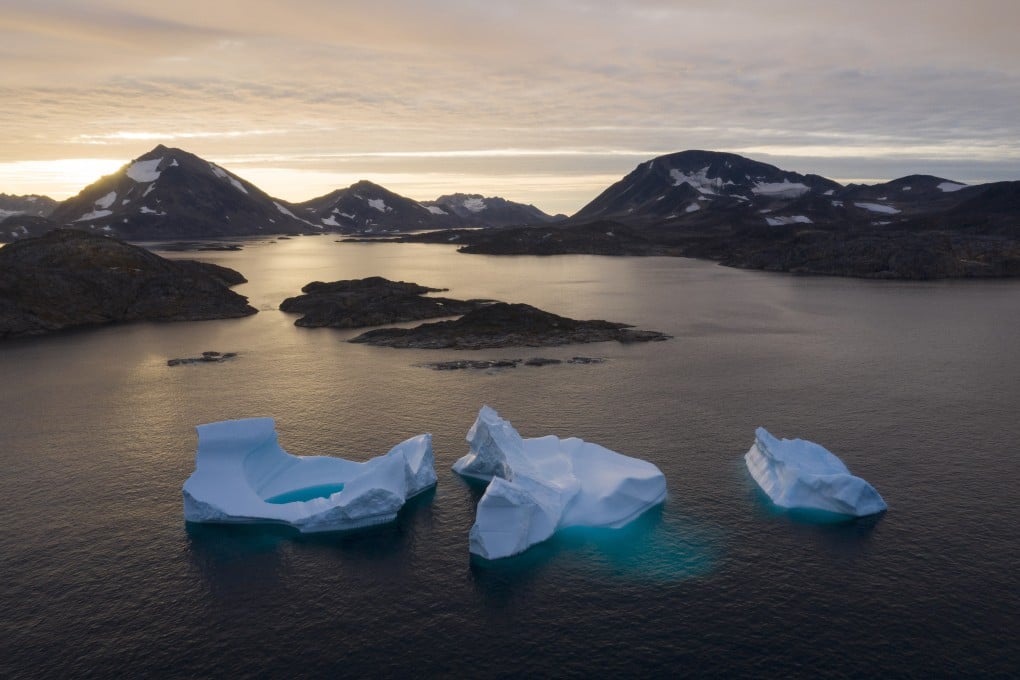Advertisement
Opinion | How Ukraine war and sanctions on Russia put Arctic cooperation on ice
- After two years of frosty relations and a stalled LNG project in the wake of Russia’s invasion of Ukraine, there is sign of a thaw amid pressing climate concerns: Arctic Council working group meetings are resuming virtually
Reading Time:3 minutes
Why you can trust SCMP

Last month, the Arctic Council broke the ice by agreeing to reconvene its working group meetings virtually, nearly two years after seven of its eight members, including the US, halted participation in protest against the invasion of Ukraine by Russia, which held the council chairmanship then.
Advertisement
The working groups had been relying on “written procedures” for the last six months, after Norway took over the chairmanship and found ways to resume project work. The latest development will hopefully pave the way for increased interaction and engagement between council members, which also include Canada, Denmark, Finland, Iceland and Sweden.
Over the last two years, there has been a big shift in Arctic geopolitics. After the Ukraine war broke out, Sweden and Finland departed from their long-standing military non-alignment policy and applied to join Nato. Sweden officially became a member of the transatlantic security alliance this month, while Finland joined last April.
With Nato extending its northern reach, Russia has been keeping a close eye on the Nordic Response, military drills between Finland, Norway and Sweden that represent the Arctic arm of the Nato-wide Steadfast Defender military exercise this year, its largest ever.
Russia views the increasing presence of Nato forces near its borders as a threat and has reinforced its military capabilities in its northern and western territories to counter Nato’s expansion. While Russia has not yet considered withdrawing from the Arctic Council, it has suspended its annual payments to it.
Advertisement
Amid Russia’s unpredictability, Greenland is seeking stronger ties with the United States and Canada, and pushing to establish a high-level Arctic-North American forum that would include leaders from all the indigenous territories. Meanwhile, US troops stationed in Alaska, redesignated as the Arctic division in 2022, are developing as an Arctic force and collaborating with Norway, Canada, Finland and Sweden in joint exercises.

Advertisement
